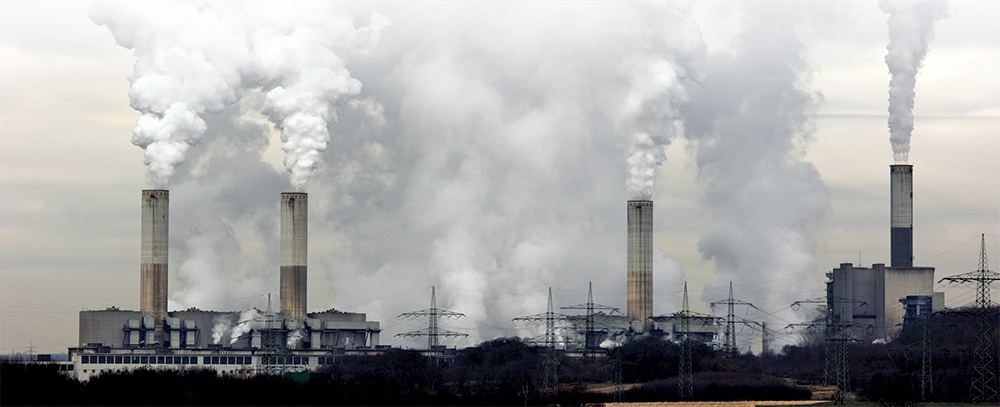Cleaning Up Coal Ash
For well over a century, power plants across the country have burned coal to generate electricity. And for just as long, leftover coal ash has been dumped in open, unlined pits near the power plant, usually located on a river or lake. Every year, U.S. power plants produce 130 million tons of coal ash, which is the second largest waste stream in the country after municipal garbage.
Coal ash concentrates the toxic heavy metals found in coal, including arsenic, mercury, lead and selenium. Stored in unlined, wet impoundments, coal ash has been leaking these toxics into our groundwater and surface waters for years. Sometimes these impoundments collapse — with disastrous results.
Yet government regulations for coal ash management are either non-existent or sparse, and there is little enforcement of the regulations that do exist. In North Carolina, this lack of oversight — and the complicity between state regulators, elected officials and Duke Energy — came to a boiling point in February 2014 when one of Duke’s coal ash impoundments spilled 39 million tons of ash into the Dan River.
Citizens living near North Carolina’s 33 coal ash impoundments — all of which have leaked — have fought for transparency from Duke and the state, and for cleanup of the pollution that threatens their property value, health and family. Their actions forced this issue into the headlines of news networks and to the forefront of environmental justice conversations in the United States.
Appalachian Voices stood with these communities as we worked for years to compel Duke Energy and the N.C. Department of Environmental Quality to excavate coal ash from all the North Carolina sites and dispose of it either in lined, dry landfills, away from waterways, or by recycling it for concrete or other uses, provided it’s done in a manner that protects public health and the environment.
On Jan. 2, 2020, North Carolina announced a historic settlement with one of the state’s most powerful corporations and polluters, Duke Energy. The settlement requires Duke to move nearly 80 million tons of toxic coal ash at six of its power plants to properly lined landfills onsite or recycle it.

Learn information about specific coal ash impoundments in the South, including health threats and safety ratings:
Additional Resources
Fact sheets, videos, links to academic research, and more
Sign Up to Act
Help us protect the health of our communities and waterways.
Latest News
Study Reveals Threats to Southeast Freshwater Biodiversity
A recent study shows that human development and insufficient conservation efforts threaten the freshwater biodiversity of the southeastern United States.
DuPont Settles Chemical Leak Lawsuits and Other Shorts
DuPont and its spin-off The Chemours Company agree to settle thousands of lawsuits regarding a toxic chemical leak in Parkersburg, W.Va,; Tennessee restocked thousands of trout following last fall’s wildfires; and the state of Kentucky is seeking help in spotting a rare skunk.
Judge Rules in Favor of Nuclear Waste Shipments
A federal judge recently ruled against a lawsuit filed by a coalition of environmental organizations attempting to prevent liquid nuclear waste from being shipped from Canada to South Carolina.
Remembering Carol Judy
Carol Judy of Roses Creek, Tenn., was an activist, an agitator, an educator and an organizer. She was also a root digger, mother and grandmother, and dear friend to many.
Cutting carbon pollution in Virginia: Governor McAuliffe should finish what he started
In his final year in office, Governor McAuliffe can cement a powerful legacy on climate and the economy by leading the way on environmental protection and climate action.
Federal review of Atlantic Coast Pipeline fails people and the environment
Contacts: Lewis Freeman, Allegheny-Blue Ridge Alliance, 703-298-8107, lewfreeman@gmail.com…







